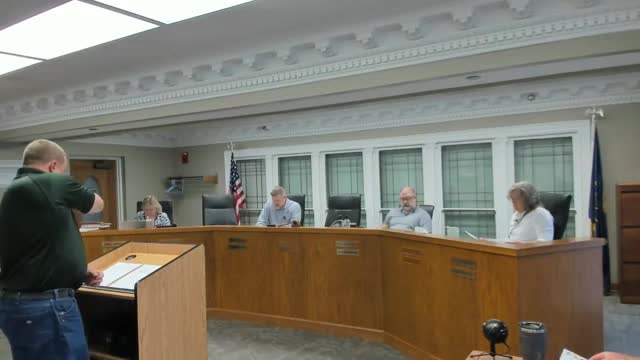Article not found
This article is no longer available. But don't worry—we've gathered other articles that discuss the same topic.
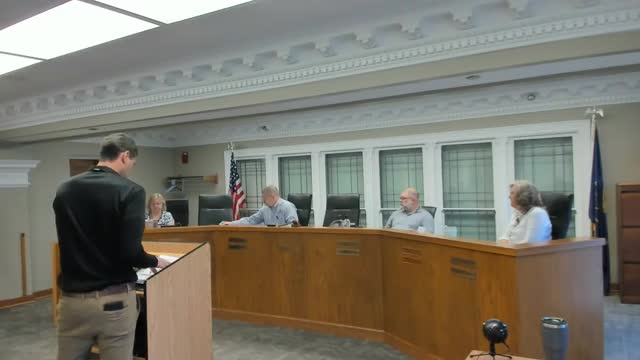
Commissioners order owner of 5398 East Main Street to show remediation plan; set May 5 follow-up
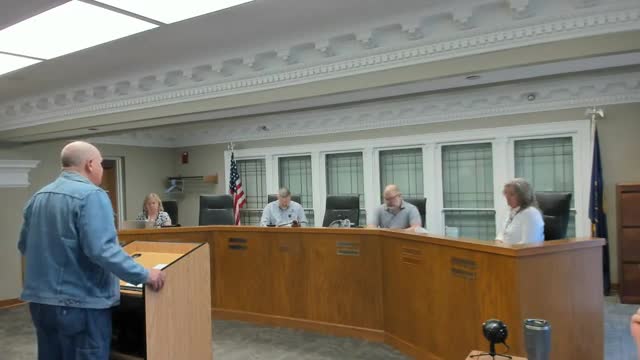
Commissioners decline to pursue a county ordinance banning mowing debris on roads after public debate
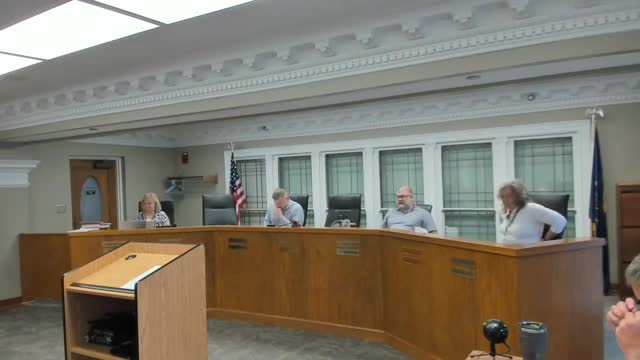
Commissioners debate upgrades to livestreaming and meeting-recording equipment; no purchase decided
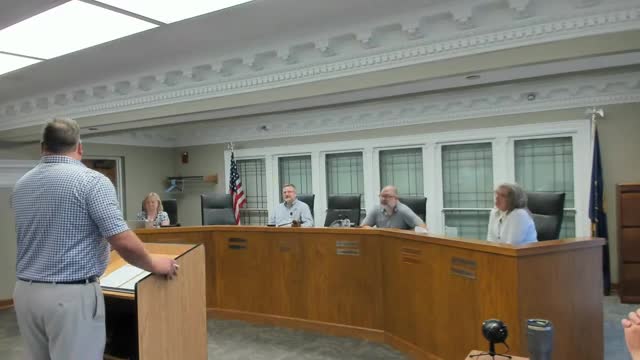
Treasurer presents county financial-software options; commissioners hear costs and migration issues
